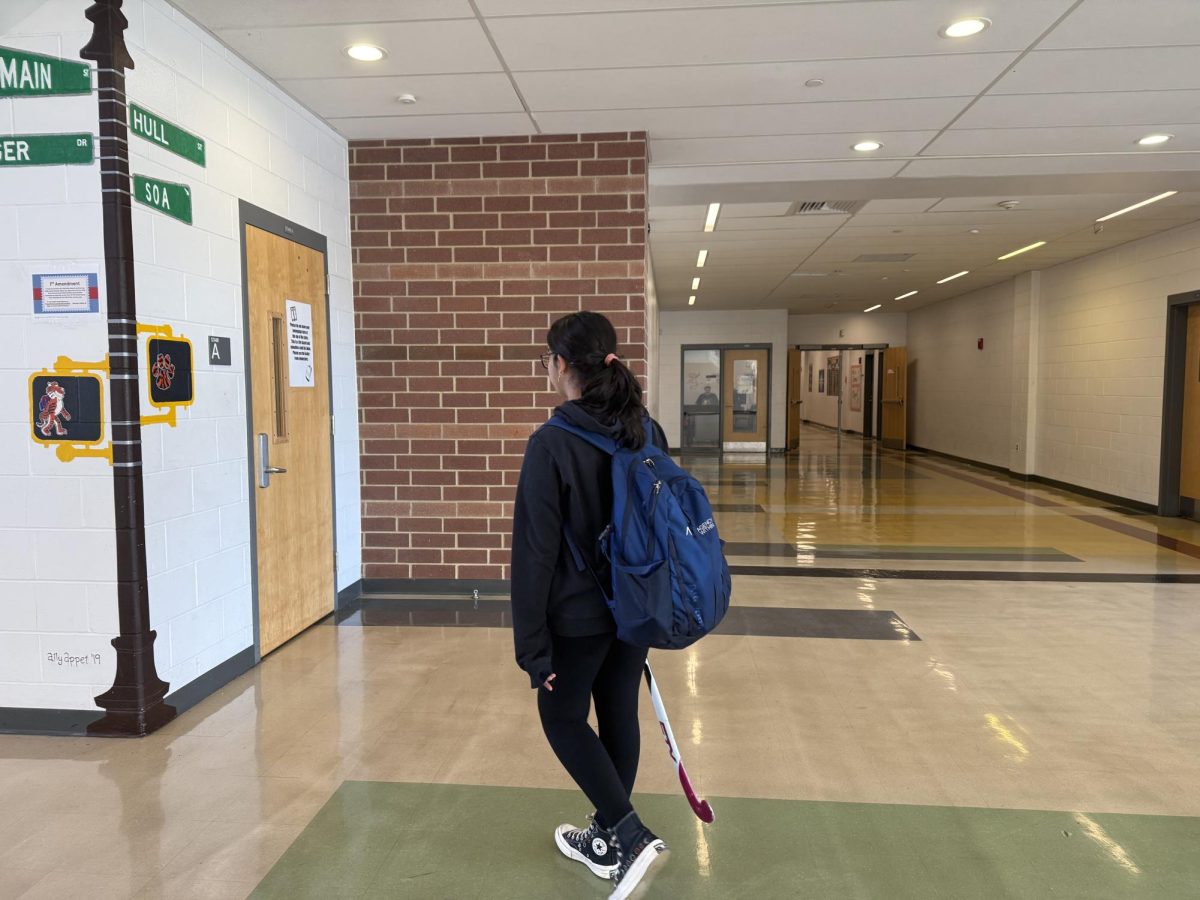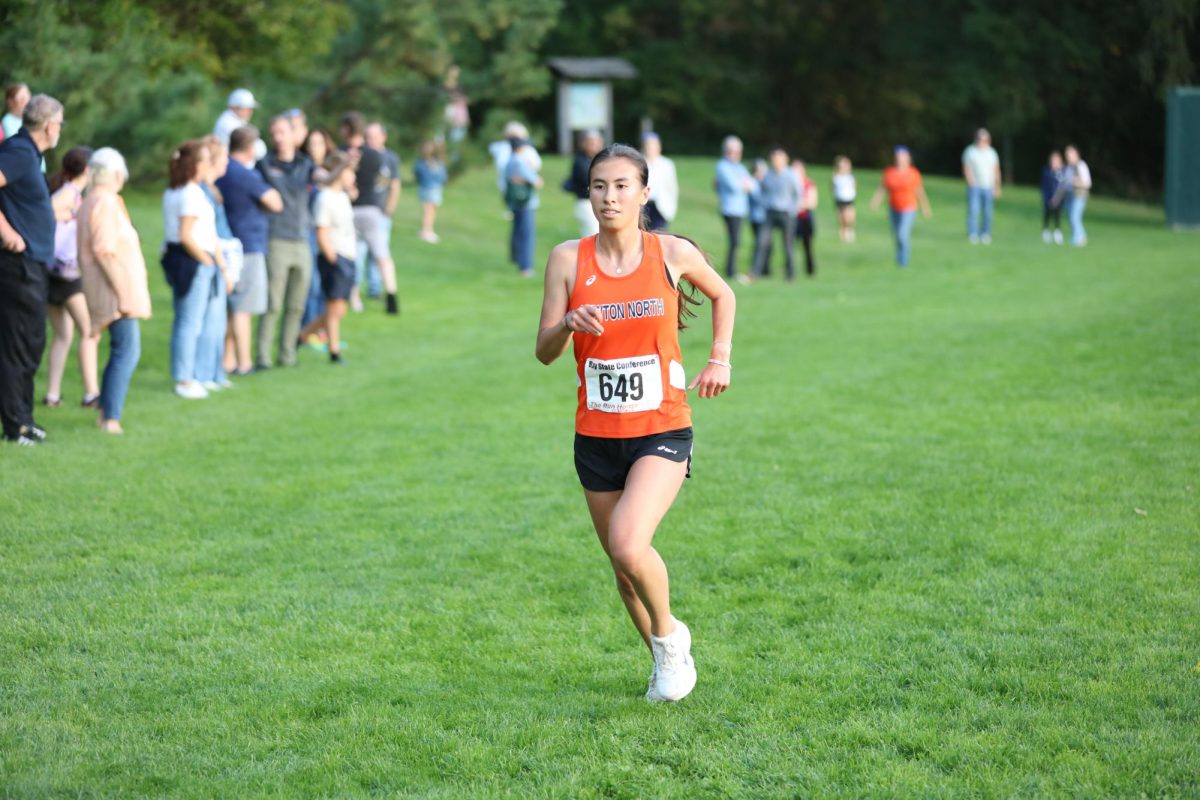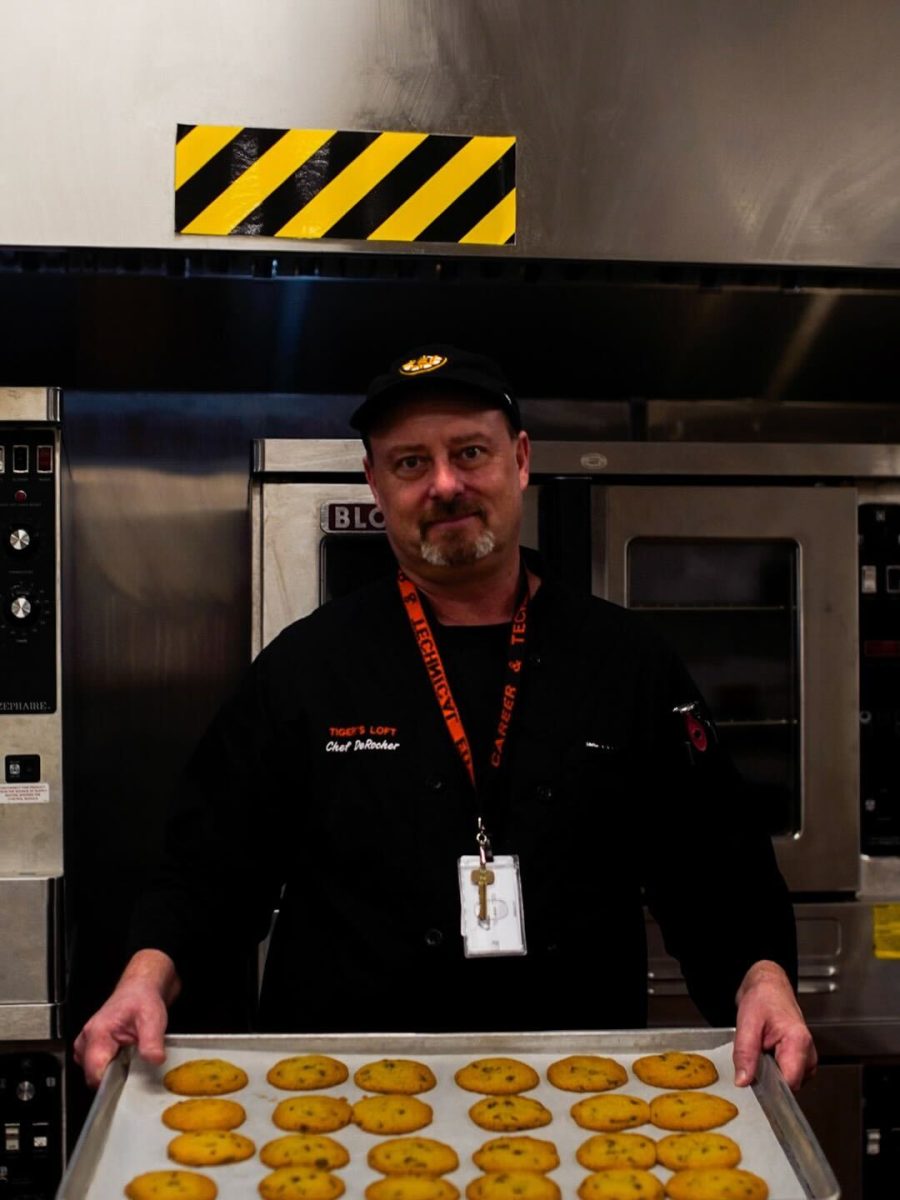
by Julia Oran
Tuesday, millions of people across the country cast their ballots in the state and presidential election. Organizations and individuals encouraged everyone of voting age to play his part in the election by voting. However, people who are younger than 18 years old also invested their time in this election.
At this school, some students were involved in various candidates’ campaigns, including Democrats Joe Kennedy III and Elizabeth Warren and Republicans Sean Bielat, Scott Brown and Greer Tan Swiston.
In February 2012, when Kennedy officially announced that he was entering the election, junior Jessica Chaikof said she thought to herself, “I know I can’t vote because I am not 18 yet. However, I can still make a difference.”
Chaikof said she decided to become involved in the campaign because prior to running for election, Kennedy was a district attorney and “fought everyday for the people.” In addition, Chaikof said education is very important to her, and Kennedy, along with his fiancé Lauren Birchfield, founded an after-school program to help students succeed.
She said, “I truly believe that Joe Kennedy will lead our country in the right direction.”
As a result, Chaikof volunteered for Kennedy’s campaign by canvassing, holding signs and entering data. She said, “Strangely, my favorite part was doing data entry because all I had to do was sit at the computer and enter in data,” which was collected from phone-banking or canvassing and described why people supported certain candidates.
Chaikof said, even though most students cannot vote, she thinks its important for high school students to be involved in politics because “students need to understand the decisions that a leader makes and how those decisions will affect them.”
Junior Terry Altherr said he became involved in Kennedy’s campaign because Chaikof frequently posted about it on Facebook and because Kennedy “has made it clear that he is committed to serving the fourth district in Congress.”
Altherr said his main role for the campaign was phone banking, which is when volunteers contact people to try to get them to vote for a particular candidate. He said he got out of the campaign experience that “we, the people, can choose which politician to advocate for to represent us and that it is very important for the people and the candidates to understand each other.”
He added, “I think students should get involved in politics and campaigning because the political area, like it or not, is a major part of our lives. The only way that the people can keep the area in their favor is by following politics and understanding current events.”
Similar to Altherr and Chaikof, junior Paulina Romero said, “Most high school students are not old enough to vote yet. I think being involved in the campaign let me make a difference, as small as it might be, even though I could not actually vote myself.”
She added, “Many things that we might care about are being discussed in this election and following it and getting involved does make a difference. After all, elections only come once every few years, and we have to live with the beliefs of the side that ends up winning.”
Romero said she “canvassed, made campaign phone calls, attended a couple of events and held signs” for Kennedy and Warren. She said her favorite part was “the feeling I got after doing these things, like what I did mattered.”
Romero commented, “It is really sad to see that so many young adults could vote and make a difference, yet they do not even follow the election, almost like all that hard work to get the voting age down did not matter. It is us up to us to decide what we want the future of the United States to look like.”
Senior Jordan Ecker also campaigned for Kennedy, and similarly said that students should be educated on the issues affecting this country because as Thoreau says, “the unexamined life is not worth living, and politics has an impact on literally every aspect of day to day life.”
However, unlike Altherr, Chaikof and Romero, Ecker said students should not be involved in politics “unless they find a candidate they are genuinely interested in supporting and are educated on the issues.”
Ecker said he thought volunteering for a political campaign could be a positive experience, but did not find his to be because he was not “volunteering for a candidate whose election I was really passionate about.”
He added, “I was a grunt, which is to be expected. I obviously wish I could have set the agenda or talked about the issues, but that’s absurdly unrealistic.
“Overall, I didn’t enjoy the experience. I think I should have volunteered for a candidate that represented my beliefs instead of settling for another average neoliberal.”
Like Ecker, Lucia Grigoli ’12 said, “I hope that in the future, I will find a candidate who I believe in enough to stick by them.”
In 2010, Grigoli volunteered for Deval Patrick and then in 2011, worked a bit on Mayor Setti Warren’s senate campaign. This year, she campaigned for Bielat, Brown and Swiston.
She stopped working for the campaigns in September because she became fed up with the “intense partisanship in the office.” However, she said, “I do not regret my time working on campaigns, but I do not regret quitting either.”
She said, “I hoped that I would help a candidate get elected who really could help the state and the nation,” and she became involved because she wanted to “help steer our country in the right direction.”
In addition Grigoli believes, “The ability to participate in our government is something we take for granted, but people across the world are still fighting for that right. As students, government provides us with the chance to shape our futures.
“What the government does affects each and every one of us. It is your right and your duty as an American citizen to make your voice heard, whether it be through campaigning or voting.”









































